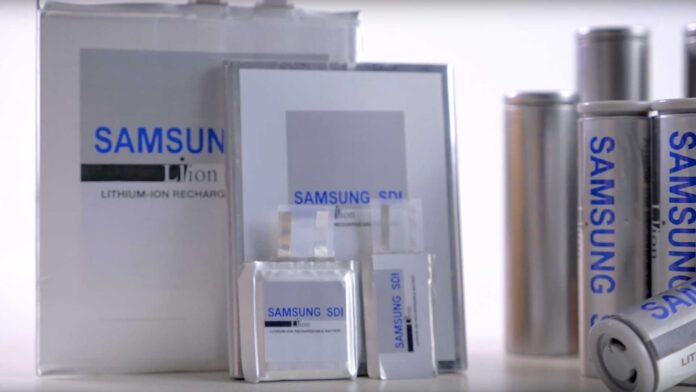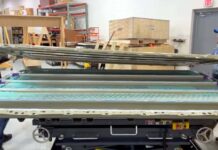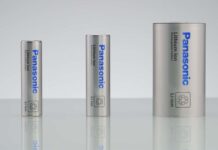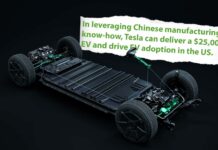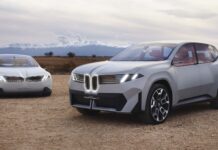[ad_1]

A new unofficial report from South Korea says that Samsung SDI is preparing a pilot production line for Tesla’s 4680-type cylindrical battery cells.
According to The Elec, Samsung SDI will build a pilot line at its Cheonan plant to verify the technology.
Previously, it was reported that the South Korean manufacturer is developing at least two versions of the battery cell – 4680 (46 mm in diameter and 80 mm tall) and a shorter one, with a length between 40 mm to 60 mm.
The Elec suggests that the shorter cells might be envisioned for BMW, one of Samsung SDI’s main EV battery customers, which reportedly will use the cylindrical lithium-ion cell in its next-generation electric cars (instead of prismatic). The article notes that representatives from Samsung Electronics recently visited BMW in Europe.
Samsung SDI’s pilot line is expected to have a manufacturing capacity “slightly below 1 GWh” annually. The next step will be an increase to 8-12 GWh annually, however not necessarily in South Korea. The article says that a mass production line will likely be built in Seremban, Malaysia, where Samsung SDI’s plant is producing cylindrical batteries since 2012 (including 2170-type since 2021).
Another interesting thing is Samsung SDI has ordered manufacturing equipment for the pilot line from Hanwha Corporation (electrode equipment) and Koem (winder and assembly equipment). The Elec says that those are the same companies previously selected by Tesla for its pilot line in Fremont, California.
It seems that the interest in 4680-type cylindrical battery cells is increasing. Currently, Tesla produces 4680-type battery cells in-house in the US, while Panasonic officially admits that it was asked to speed up development – the company already sent samples to Tesla. Series production of Panasonic’s 4680 cells is expected to start in the next fiscal year (between April 1, 2023 and March 31, 2024).
Meanwhile, LG Energy Solution announced a 580 billion KRW ($450 million) investment in 4680-type battery manufacturing with a target to start mass production “by the second half of 2023”.
[ad_2]
Source link

